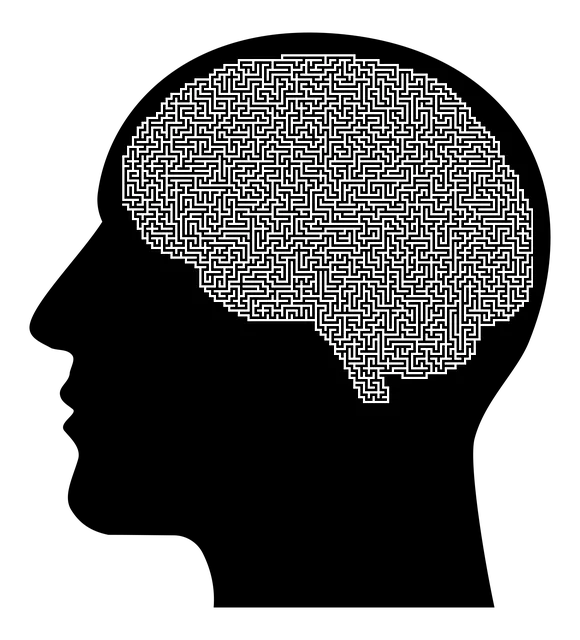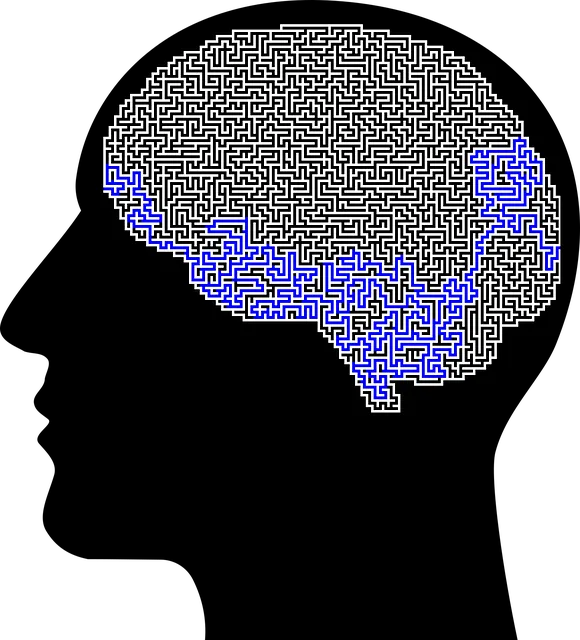Longmont prioritizes mental wellness through comprehensive evaluations of Kaiser's programs, ensuring accessible, effective mental health services. These initiatives aim to support residents' emotional well-being with therapy, counseling, and stress management. Evaluations use diverse methods, including interviews and risk assessments, considering cultural sensitivity. The focus on active participation in programs empowers individuals, builds peer support, and improves retention. Data-driven improvements, integrating burnout prevention for providers, enhance overall mental health awareness and resilience within the community, guiding residents to tailored care through Kaiser in Longmont.
Mental wellness program evaluations are vital for gauging effectiveness, identifying areas of improvement, and ensuring quality care. This comprehensive guide explores evaluation methods, drawing insights from successful initiatives like Longmont’s approach to accessing mental health services through Kaiser. By delving into understanding programs, assessment techniques, engagement strategies, data collection, and analysis, you’ll discover how to optimize mental wellness interventions, fostering better outcomes for all involved. Learn the Longmont method for effective mental health service delivery.
- Understanding Mental Wellness Programs: A Foundation for Evaluation
- Longmont's Approach to Accessing Mental Health Services through Kaiser
- Effective Assessment Techniques for Measuring Program Success
- Engagement and Retention Strategies: Ensuring Active Participation
- Data Collection and Analysis: Unlocking Insights for Continuous Improvement
Understanding Mental Wellness Programs: A Foundation for Evaluation

Understanding Mental Wellness Programs is a pivotal step in evaluating their effectiveness, especially in a city like Longmont where access to mental health services through Kaiser or other providers is essential. These programs are designed to support individuals’ emotional and psychological well-being, encompassing various interventions such as therapy, counseling, peer support groups, and stress management techniques. Evaluating these initiatives is crucial not only for measuring their success but also for identifying areas that need improvement and ensuring the program aligns with the unique needs of the community.
A comprehensive evaluation involves assessing both the short-term and long-term impacts on participants’ mental health. This includes tracking improvements in symptoms, changes in overall well-being, and increased coping mechanisms to manage stress, particularly relevant when considering Burnout Prevention Strategies for Healthcare Providers or implementing Stress Management Workshops Organization. By understanding how these programs contribute to Mental Health Awareness and resilience, Longmont residents can benefit from tailored interventions that address prevalent mental health concerns while fostering a more supportive and aware community.
Longmont's Approach to Accessing Mental Health Services through Kaiser

Longmont embraces a comprehensive approach to accessing mental health services through Kaiser, ensuring that residents have easy and equitable access to care. The city has recognized the importance of self-care practices for mental well-being and encourages individuals to take advantage of the resources available within their community. By partnering with healthcare providers like Kaiser, Longmont facilitates seamless integration of mental health services into primary care settings. This strategy not only reduces the stigma associated with seeking help but also promotes early intervention and continuous support.
Through this collaboration, mental health professionals in Longmont can implement effective risk management planning, ensuring a safe and supportive environment for both patients and practitioners. The city’s commitment to mental health policy analysis and advocacy further strengthens this initiative, driving continuous improvement in service delivery and fostering a more resilient community.
Effective Assessment Techniques for Measuring Program Success

Evaluating a mental wellness program’s success requires diverse assessment techniques that go beyond traditional surveys. At Kaiser, in Longmont, mental health services often incorporate qualitative methods such as individual and group interviews, allowing clients to share their unique experiences and insights. This provides a deeper understanding of program effectiveness and client satisfaction.
Additionally, cultural sensitivity in mental healthcare practice plays a crucial role in assessment. Trained professionals use conflict resolution techniques to navigate diverse perspectives and beliefs, ensuring that evaluations are inclusive and respectful. Risk assessment for mental health professionals is also integrated into the process, allowing for early identification of potential challenges or risks within the program and among participants.
Engagement and Retention Strategies: Ensuring Active Participation

In designing a mental wellness program, particularly one aimed at engaging and retaining participants like those seeking Kaiser’s mental health services in Longmont, it’s crucial to implement strategies that foster active participation. One effective approach is incorporating Self-Awareness Exercises into the program curriculum. These exercises empower individuals to recognize their emotions, thoughts, and behaviors, enhancing self-understanding and encouraging personal growth. By creating a safe space for introspection, participants feel more invested in their journey towards mental wellness, thereby increasing engagement.
Additionally, Social Skills Training plays a vital role in keeping participants engaged and motivated. Group activities and discussions facilitate bonding among peers, build support networks, and promote open conversations about mental health challenges. This social aspect not only improves overall well-being but also acts as a powerful retention tool, as individuals find value and connection within the program’s community. Furthermore, integrating Burnout Prevention Strategies for Healthcare Providers can indirectly enhance participant experiences. By prioritizing caregiver well-being, the risk of burnout among program facilitators decreases, ensuring consistent and high-quality delivery of services which, in turn, positively influences participant outcomes and satisfaction.
Data Collection and Analysis: Unlocking Insights for Continuous Improvement

Evaluating a mental wellness program requires robust data collection and analysis methods to unlock valuable insights that drive continuous improvement. At Kaiser in Longmont, accessing mental health services involves a structured process where various data points are captured throughout an individual’s journey. This includes self-reported surveys, clinical assessments, and observational notes from healthcare professionals. By analyzing these data sources, the program can identify trends, measure the effectiveness of interventions, and pinpoint areas needing enhancement.
For instance, tracking changes in clients’ social skills through training programs or assessing improvements in self-care practices can provide critical feedback. This data-driven approach enables Kaiser’s mental wellness team to refine strategies, personalize care plans, and ultimately improve patient outcomes. By integrating resilience-building techniques into their evaluation framework, they can further ensure the program’s adaptability and relevance in meeting diverse individual needs.
Evaluating mental wellness programs is essential to ensure their effectiveness and make informed improvements. By understanding the foundations, adopting innovative approaches like Longmont’s model for accessing mental health services through Kaiser, utilizing robust assessment techniques, and implementing engagement strategies, organizations can significantly enhance their offerings. Continuous data collection and analysis are key to unlocking insights and driving continuous improvement, ultimately benefiting those seeking mental wellness support.






